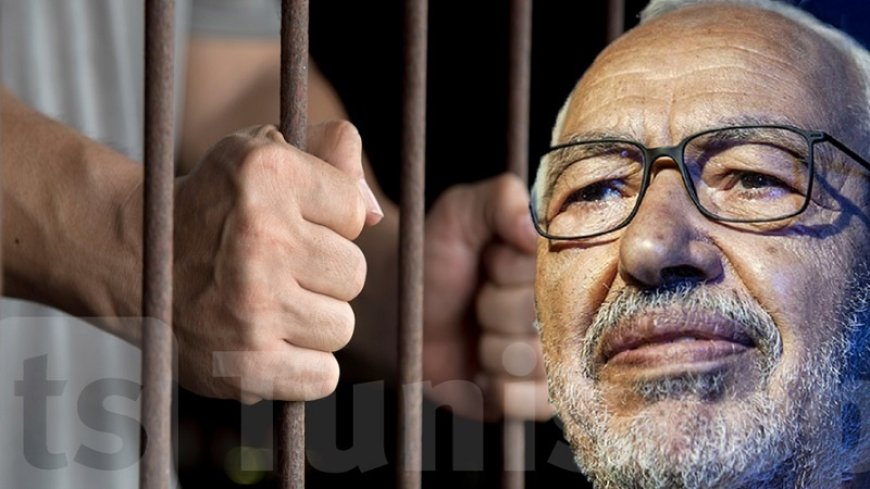Ghannouchi, the imprisoned Tunisian opposition leader, begins a hunger strike
Rached Ghannouchi, a prominent Tunisian opposition politician and leader of the Ennahda party, has begun a hunger strike while in prison to show solidarity with fellow anti-government activists.

Rached Ghannouchi, a prominent Tunisian opposition politician and leader of the Ennahda party, has begun a hunger strike while in prison to show solidarity with fellow anti-government activists. According to the team of lawyers representing the opposition, the action has been taken as a way to oppose the continued detention of opposition leaders. Ghannouchi, 82, has long been a staunch critic of President Kais Saied and his administration. Last year, he was arrested on charges of sedition against the police and alleged involvement in a conspiracy against state security. In a statement issued by his legal team, Ghannouchi has urged Tunisians to adhere to democratic principles, stressing the importance of individual freedom and independence of the judiciary. Despite his hunger strike, the Speaker of the Tunisian parliament dissolved by President Saied has insisted that he will continue to dedicate himself to defending a democratic Tunisia that includes all its citizens. President Kais Said The opposition has strongly condemned the action of President Saied, especially his decision to dissolve the parliament elected in 2021, a decision which they consider to be equivalent to a military coup. But for his part, the leader defends his actions, calling them an important decision to restore stability in Tunisia after many years of political chaos. Last week, six other opposition leaders launched an indefinite hunger strike to press for their release from detention without trial. They have also called for an end to violence by the judiciary against political activists, journalists, and members of civil society. Detained leaders, including Jawher Ben Mbarak, Khayam Turki, Ghazi Chaouachi, Issam Chabbi, Abdelhamid Jalasi, and Rida Belhaj, were arrested on suspicion of plotting against state security. The opposition accuses President Saied of suppressing media freedom and weakening democratic institutions through his constitutional reforms. Saied, however, maintains that his actions are necessary to protect Tunisia from the disruption of stability..













































